Cosmetic Ingredient
- • Abrasive (124)
- • Absorbent (84)
- • Anticaking (66)
- • Anticorrosive (25)
- • Antifoaming (19)
- • Antimicrobials (290)
- • Antioxidant Ingredient (393)
- • Antiperspirant (20)
- • Antiplaque (48)
- • Anti-seborrheic (38)
- • Anti-sebum (39)
- • Antistatic (458)
- • Astringent (162)
- • Binding Agent (172)
- • Bleaching Agent (53)
- • Buffering (191)
- • Bulking (109)
- • Chelating (122)
- • Cleansing (679)
- • Cosmetic Colorant (212)
- • Cosmetic Preservative (158)
- • Denaturant (45)
- • Deodorant (98)
- • Depilatory (27)
- • Dissolving Agent (298)
- • Emollient (795)
- • Emulsifying Agent (480)
- • Emulsion Stabilising (154)
- • Exfoliating (19)
- • Film Forming (299)
- • Flavouring (72)
- • Foam Boosting (161)
- • Foaming (101)
- • Fragrance Ingredient (726)
- • Gel Forming (19)
- • Hair Conditioning (670)
- • Hair Dyeing (363)
- • Hair Fixing (36)
- • Hair Waving or Straightening (45)
- • Humectant (282)
- • Hydrotrope (92)
- • Keratolytic (20)
- • Light Stabilizer (80)
- • Moisturising Agent (50)
- • Nail Conditioning (42)
- • Occlusive (20)
- • Opacifying (119)
- • Oral Care (123)
- • Oxidising (19)
- • Perfuming (2105)
- • Plasticiser (98)
- • Propellant (19)
- • Reducing (50)
- • Refatting (12)
- • Refreshing (26)
- • Skin Cleansing (388)
- • Skin Conditioning (1751)
- • Skin Humectant (21)
- • Skin Protecting (282)
- • Smoothing (31)
- • Soothing (71)
- • Tonics (155)
- • UV Filter (34)
- • Viscosity Controlling (532)
Chemicals as Skincare Ingredients
Related News
-
Shell Considers Partnering with the U.S. and Closing European Chemical Assets
2025-03-26 -
Quaker Houghton Acquires Dipsol Chemicals, Strengthening Advanced Solutions Portfolio
2025-03-27 -
AstraZeneca to Invest $2.5 Billion to Establish Global Drug R&D Center in Beijing
2025-03-25 -
Saudi Aramco CEO: Invest in downstream projects in China's energy, chemical and other fields
2025-03-28 -
Dow's Silicones Downstream Expansion Project in Zhangjiagang Launches and Drives Market Innovation
2025-03-21 -
ECHEMI High Quality Inquiries (22-26 Mar)
2025-03-27
Sort Skin Conditioning Alphabetically
Skin Conditioning
Myristyl myristate
(3234-85-3)-
- / 99.00%
-
-
Pharmacy Grade / 99%
-
Food Grade / 99.5%
$1-1.2/MT FOB
Request for quotation , get quotes from more suppliers.
-
Pharmacy Grade / 0.98%
-
Pharmacy Grade / 100%
-
![MYRRHGUM buy MYRRHGUM]()
Industrial Grade / 99%
-
![MYRRH GUM buy MYRRH GUM]()
Request for quotation , get quotes from more suppliers.
Methionine hydroxy analog-calcium
(4857-44-7)-
Pharmacy Grade / 99%
-
- / 99.00%
-
Pharmacy Grade / 99%
-
![2-Hydroxy-4-(methylthio)butyric acid calcium salt buy 2-Hydroxy-4-(methylthio)butyric acid calcium salt]()
Request for quotation , get quotes from more suppliers.
Mirodenafil
(862189-95-5)-
Pharmacy Grade / 99%
-
Pharmacy Grade / 99%
$2200-2670/KG FOB
-
Different Grade / 99.9%
$0.1/KG EXW
-
$1.6/G FOB
Request for quotation , get quotes from more suppliers.
Methyl 4-hydroxycinnamate
(19367-38-5)-
![Methyl 4-hydroxycinnamate buy Methyl 4-hydroxycinnamate]()
Industrial Grade / 99.0%
-
![Methyl 4-hydroxycinnamate buy Methyl 4-hydroxycinnamate]()
-
![Methyl 4-hydroxycinnamate buy Methyl 4-hydroxycinnamate]()
Industrial Grade / 99%
-
![Methyl 4-hydroxycinnamate buy Methyl 4-hydroxycinnamate]()
Request for quotation , get quotes from more suppliers.
Methyltaurine sodium salt
(4316-74-9)-
Cosmetics Grade / 99%
-
- / 99.00%
-
Reagent Grade / 99%
$8-9/KG FOB
-
Request for quotation , get quotes from more suppliers.
-
- / 99.00%
-
Industrial Grade / 95%
-
![Methyl cis,cis-9,12-octadecadienoate buy Methyl cis,cis-9,12-octadecadienoate]()
Industrial Grade / 99.0%
-
![9,12-Octadecadienoicacid (9Z,12Z)-, methyl ester buy 9,12-Octadecadienoicacid (9Z,12Z)-, methyl ester]()
Request for quotation , get quotes from more suppliers.
-
Food Grade / 100%
-
![Melon (plant), ext. buy Melon (plant), ext.]()
Industrial Grade / 99%
-
![Melon (plant), ext. buy Melon (plant), ext.]()
-
![Melon (plant), ext. buy Melon (plant), ext.]()
Industrial Grade / 99%
Request for quotation , get quotes from more suppliers.
Micro-Green
(10024-66-5)-
- / 99.00%
-
Food Grade / 99%
-
Industrial Grade / 99%
-
![Manganese(II) citrate buy Manganese(II) citrate]()
Industrial Grade / 99.0%
Request for quotation , get quotes from more suppliers.
Methyltris(trimethylsiloxy)silane
(17928-28-8)-
- / 99.00%
-
Pharmacy Grade / 99%
-
Industrial Grade / 99%
-
![Methyltris(trimethylsiloxy)silane buy Methyltris(trimethylsiloxy)silane]()
Industrial Grade / 99.0%
Request for quotation , get quotes from more suppliers.
More Information
Skin conditioning are the collective name for ingredients in cosmetics that have effects on the skin, such as whitening, moisturizing, anti-aging, and acne removal. In jargon, they are also called active ingredients in cosmetics. These agents work by replenishing the skin's natural lipid barrier and enhancing its ability to retain moisture, resulting in softer, smoother, and more supple skin.
When skin conditioning agents are applied to the skin, they form a protective layer that helps to seal in moisture and prevent water loss. This barrier also helps to shield the skin from environmental aggressors such as harsh weather conditions and pollutants, promoting overall skin health and resilience.
Common Skin Conditioning
•Whitening agents: reduce melanin deposits and lighten discoloration
•Antibacterial agents: prevent or reduce skin bacterial infections
•Anti-allergic agents: reduce allergic reactions to irritants











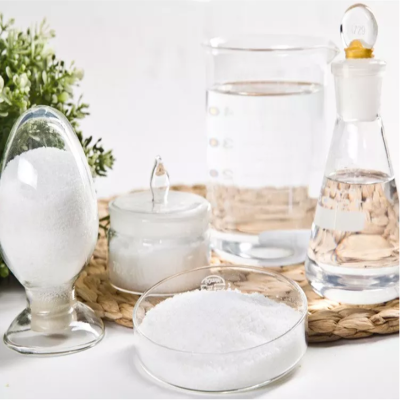





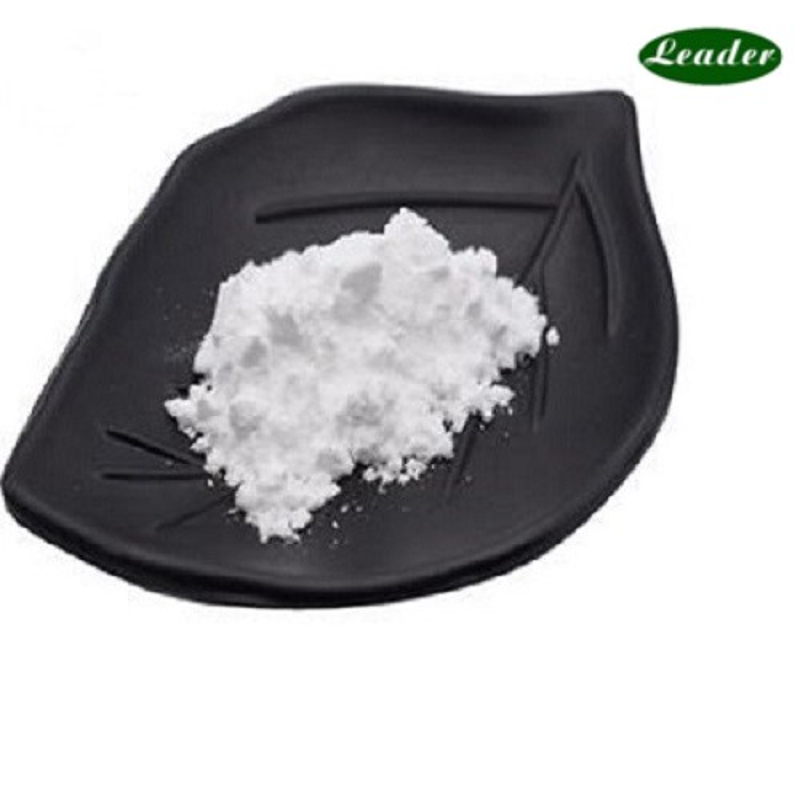

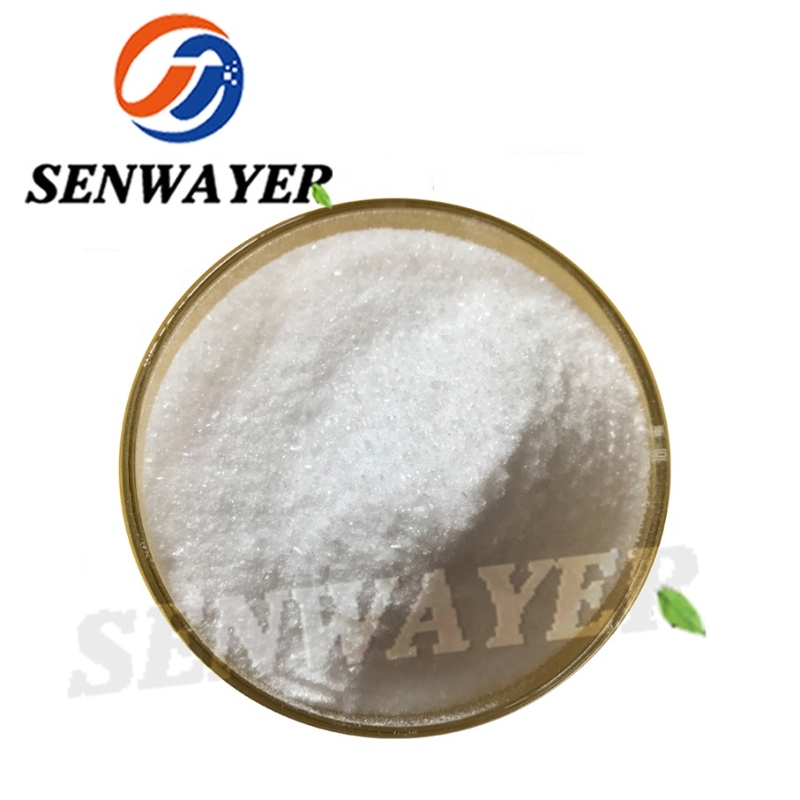
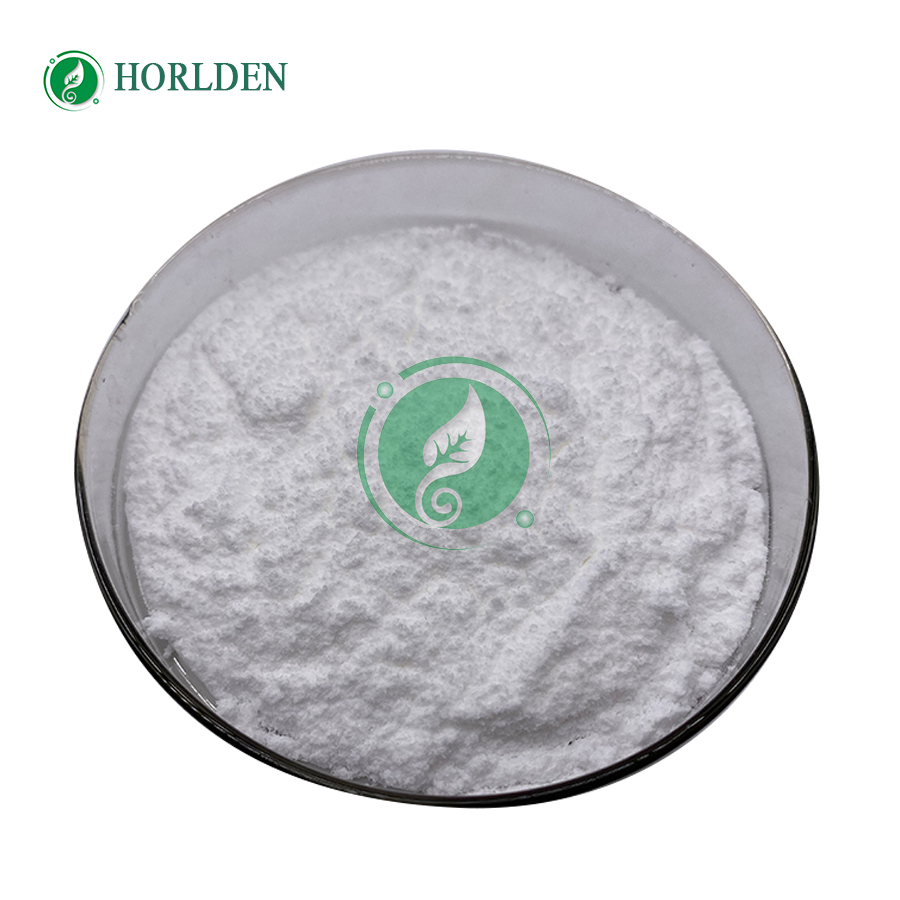

















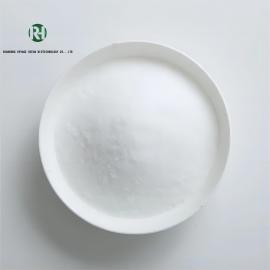
![high quality Trimethyl-[methyl-bis(trimethylsilyloxy)silyl]oxysilane 99% transparent liquid KANBEI buy high quality Trimethyl-[methyl-bis(trimethylsilyloxy)silyl]oxysilane 99% transparent liquid KANBEI](https://file.echemi.com/fileManage/upload/goodpicture/20221027/m20221027164807576.jpg)
